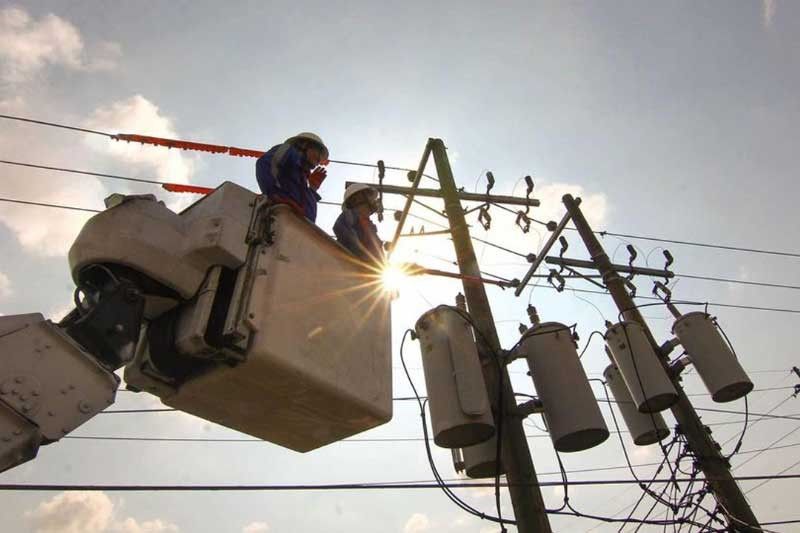Giving president emergency powers to address energy crisis a ‘cop out’ – group

MANILA, Philippines — After a series of blackouts in parts of Luzon this month, a group has criticized amendments proposed by the Department of Energy to the Electric Power Crisis Act of 1993 that would give the president the power to declare an energy crisis when electricity supply is dangerously low.
In a statement on Wednesday, the Power for People Coalition described the DOE’s proposal to grant the president “emergency powers” as a “cop-out” that fails to strike at the heart of the high electricity prices bugging consumers.
“Emergency powers are a cop-out. Even if used properly, it does not address the root causes of our annual power crisis. And so far, our history shows that the use of emergency powers just forces consumers to swallow higher electricity prices or lose electricity, as seen in the guarantees to independent power producers during the Ramos administration,” said Gerry Arances, P4P Convenor.
Arances was referring to the widespread criticism that it was the supply contracts that the Ramos administration entered with private power corporations that led to the high electricity rates still experienced by Filipino consumers today.
Ramos, however, told The Philippine Star in a 2014 interview that it was legally impossible for the government to increase generating capacity intentionally at the time, and that the privatization of the power sector was based on a tested formula from the World Bank.
RELATED: FVR on power woes: Don’t look at me
The coalition said that emergency powers cannot solve the problems plaguing the country’s power supply, which revolve around “the perennial yet barely penalized shutdowns of coal and other fossil fuel power plants, the outdatedness of our grid, and our reliance on imported fuel supply.”
“It makes more sense for the government to confront these. Emergency powers are not necessary because we should not be having power crises in the first place,” Arances said.
According to the group, the government should prioritize the development of indigenous renewable energy sources to promote energy security.
The energy department’s proposed amendments to the EPIRA law faced scrutiny during the House energy committee hearing on Tuesday.
Among the proposed amendments is the insertion of a new provision that would potentially give President Ferdinand “Bongbong” Marcos Jr. and future presidents the power to declare an energy crisis and greenlight “temporary measures” to address surcharges in electricity prices.
Other amendments focused on the de-monopolization of the power industry and a ban on foreign ownership of electricity transmission companies, according to a BusinessWorld report.
Marcos in 2022 said that it is high time to revisit the EPIRA law due to some provisions he said were "already outdated," but he did not state which.
Rotational blackouts were felt in parts of Luzon last week after the NGCP temporarily put the Luzon grid under red alert on May 8 due to tripping of the Bolo-Masinloc 230-kilovolt line 2, which led to the tripping of the Masinloc Units 1 and 2 with a capacity of 618 MW. — Cristina Chi
- Latest
- Trending
































